Publications
Articles, publications, books, tools and multimedia features from the U.S. Institute of Peace provide the latest news, analysis, research findings, practitioner guides and reports, all related to the conflict zones and issues that are at the center of the Institute’s work to prevent and reduce violent conflict.

What’s Behind the Lebanon-Gulf Diplomatic Row?
Already in the throes of existential political and economic crises, Lebanon is now facing a diplomatic row with Saudi Arabia and several of its allies in the Gulf Cooperation Council (GCC). Following critical comments made by Lebanese Minister of Information George Kordahi about the Saudi-led intervention in Yemen, Riyadh expelled Lebanon’s ambassador, banned all Lebanese imports, and recalled its ambassador to Lebanon. In solidarity, the UAE, Bahrain and Kuwait summoned their ambassadors in Lebanon. This current crisis reflects the Gulf’s broader concerns over Iran’s influence in the region and the powerful role of its ally Hezbollah in Lebanon.
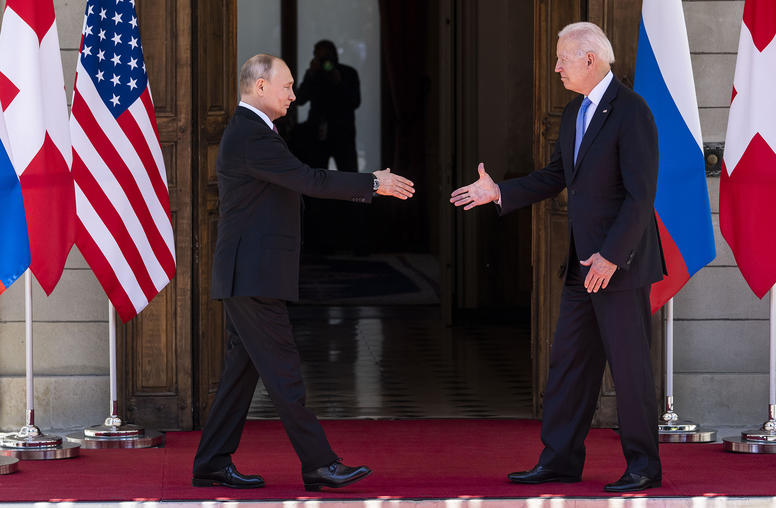
Despite Moscow’s Brinkmanship, U.S. and Russia Explore Deeper Relations
Although at odds on a host of key geostrategic issues, Washington and Moscow have this year quietly sought to stabilize the tension-laden bilateral relationship. A June summit between Presidents Biden and Putin in Geneva has been followed by several high-level engagements in recent months between...
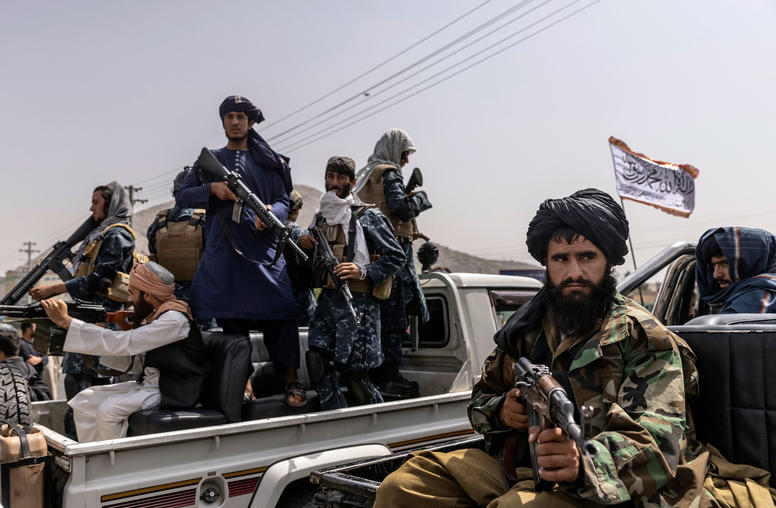
Winter is coming in Afghanistan. Are the Taliban ready?
Nearly three months after the Taliban’s rapid takeover, Afghanistan is descending toward one of the world’s worst humanitarian crises with an economy in freefall. As the harsh winter season looms, aid agencies have warned that over half the country’s population — a staggering 22.8 million people — will face acute food insecurity, including 3.2 million children under five. Now in power, the Taliban’s failure to deliver basic services is exacerbating this dire humanitarian situation. But immediate relief is a distant prospect as the Taliban deliberate on how to govern the country and the international community mulls over how to engage and pressure the fledgling government.
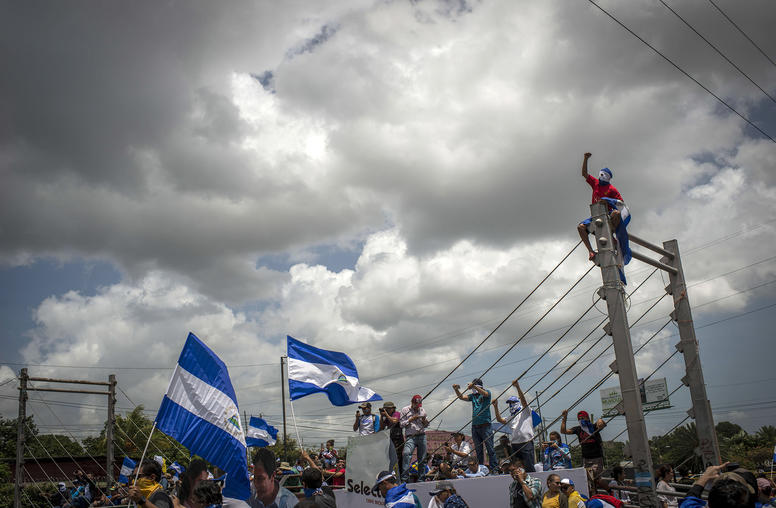
Is Nicaragua’s Descent into Dictatorship Irreversible?
After claiming a decisive win in the November 7 elections, Daniel Ortega — who has been in office since 2007 — could now lead Nicaragua until 2027, making him Latin America’s longest serving ruler. The Sandinista government ensured its victory by shutting down dissent and arresting dozens of regime opponents. For the United States, countering corruption and repression in Central America is a challenge not only in unfriendly states like Nicaragua but also among erstwhile allies like El Salvador, Guatemala and Honduras.

¿Es irreversible el descenso de Nicaragua a una dictadura?
Después de reclamar una victoria decisiva en las elecciones del 7 de noviembre, Daniel Ortega, quien ha estado en el cargo desde 2007, ahora podría liderar Nicaragua hasta 2027, convirtiéndolo en el gobernante con más tiempo en el poder en toda América Latina. El gobierno sandinista aseguró su victoria reprimiendo cualquier disidencia y arrestando a decenas de opositores al régimen. Para Estados Unidos, contrarrestar la corrupción y la represión en Centroamérica es un desafío no solo en estados hostiles como Nicaragua, sino también entre antiguos aliados como El Salvador, Guatemala y Honduras.
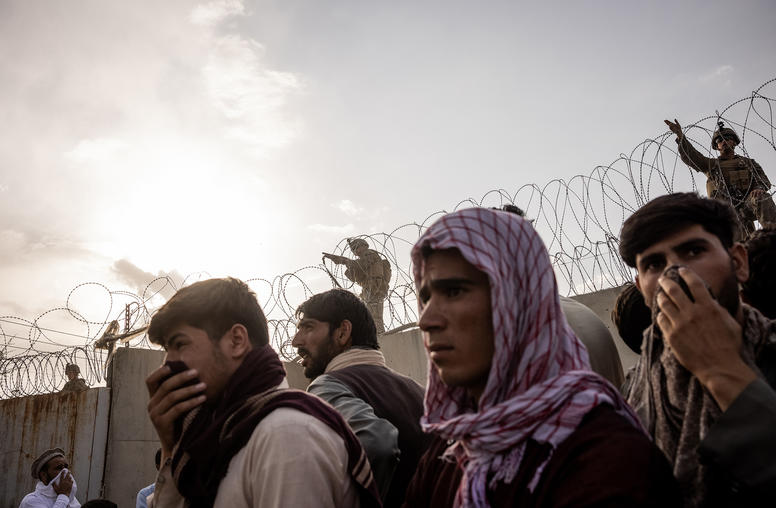
Key to Afghan Relief Efforts: Financial Engineering for Private Sector, Economy
The U.S. government needs to urgently prioritize saving Afghan lives, meeting basic human needs and stemming the free-fall of the Afghan economy. The unprecedented evacuation of some 100,000 people from Kabul airport in August demonstrated what clear objectives and a whole-hearted, government-wide focus can accomplish under the worst of conditions. While that scale of mobilization is not required now, a similar unity of effort and focus, this time on financial engineering, will be needed to deliver aid to the Afghan people and limit further economic damage in coming months.
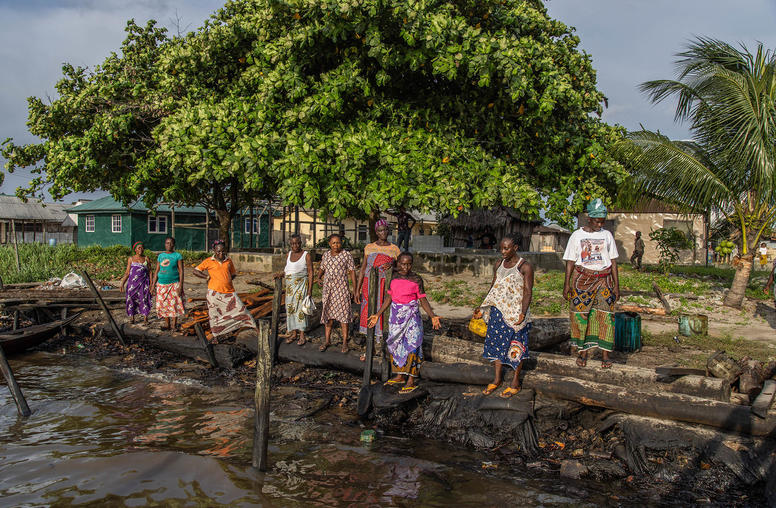
It’s Time to End ‘Business as Usual’ With Nigeria
Secretary of State Antony Blinken’s visit this week to Nigeria is timely, for Africa’s demographic giant is shuddering with its most dangerous instability in 50 years: insurgencies, uncontrolled criminality and constrictions of freedom of expression. Nigeria is failing to fulfill basic tasks of a nation-state, and its partners need to halt “business as usual” to open an honest dialogue about the current failings. For the United States, this means dropping some old practices in the way America engages Nigerians. U.S. engagements must center more on Nigeria’s citizenry, notably the 70 percent who are younger than 35, and with Nigeria’s 36 disparate states.
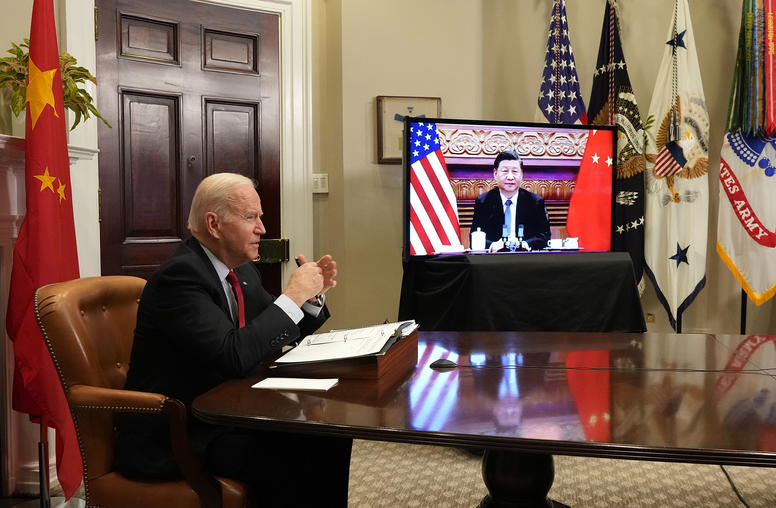
Neither Summit, nor Sidebar: Assessing the Biden-Xi ‘Virtual Meeting’
To address growing tensions between the United States and China, particularly over Taiwan, President Joe Biden and General Secretary Xi Jinping met virtually on Monday night (Tuesday morning in Beijing) for a three-hour discussion that covered a wide array of contentious issues. Both sides downplayed expectations for the session beforehand and have been relatively subdued albeit somewhat positive in their respective post-meeting statements and spins. Less formal than a summit and more structured than a sidebar, what if anything did the extended virtual top-level bilateral discussion achieve?
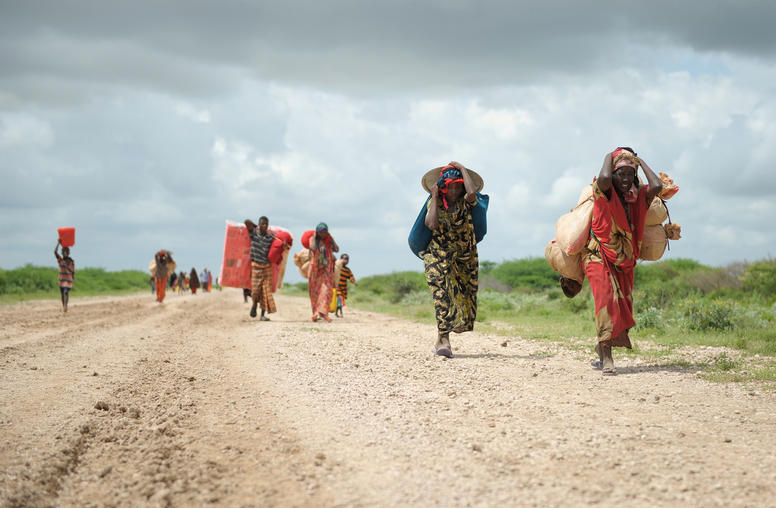
Glasgow’s Summit Will Spur Change—on Climate and in Conflicts
When the 26th Conference of Parties of the U.N. Framework Convention on Climate Change closed over the weekend in Glasgow, delegates and observers left with both disappointment that so little had happened and relief that so much had. As the world now weighs the results of the Glasgow climate summit, the global peacebuilding community should do the same. We should analyze where the summit might alter risks of violent conflict and opportunities for the community—including peacebuilding organizations, local civil society groups and policymakers—to respond.
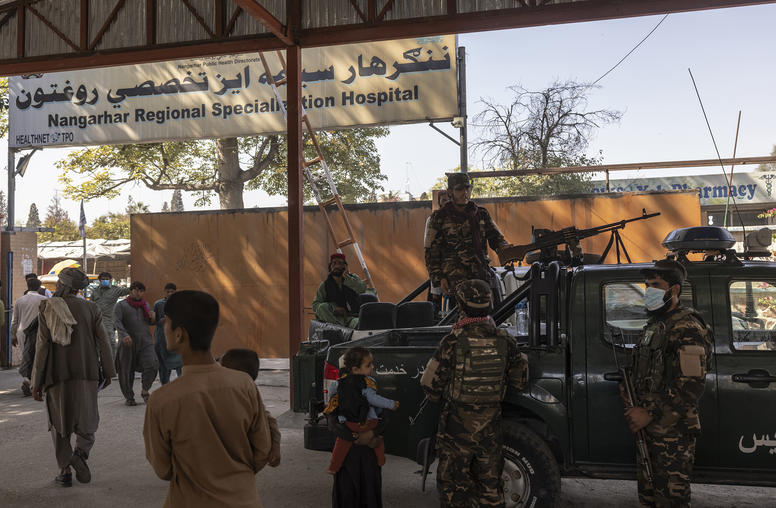
Aiding Afghan Local Governance: What Went Wrong?
After 20 years of an ambitious, costly international state-building effort, the government of Afghanistan collapsed in the summer of 2021 in a matter of weeks. The Afghan security forces’ remarkably rapid defeat earned significant attention, but the Taliban victory over the internationally backed Afghan republic stemmed equally from deep-seated political and governance factors. Across all the facets of the Western state-building endeavor in Afghanistan, there is now an enormous need to assess how the international project fell so far short of its aims.